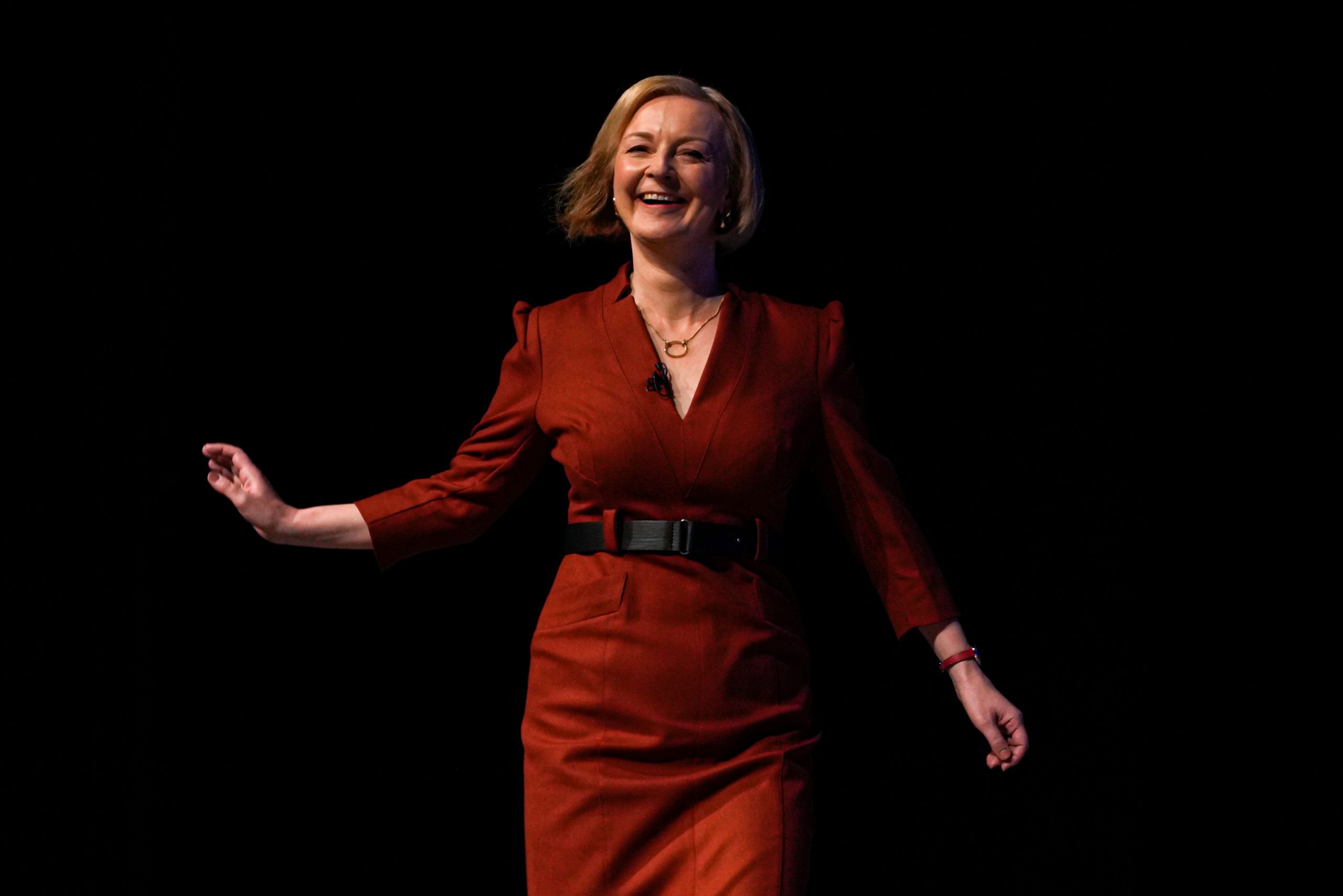Liz Truss resigned
as Prime Minister of the United Kingdom on Thursday, October 20. She announced
her resignation in a televised speech. Truss said that it had become clear that
she could not serve the mandate the Conservative party had elected her with. Truss’
stint as the UK PM was the shortest in the history of United Kingdom. She
served the office for only 44 days after Boris Johnson was ousted following a
pitched election between Rishi Sunak and herself.
While Truss served
the office for the shortest period, there have been others before her who have
served the prime minister’s office for really short stints. Here is a list of eight
UK leaders who have served short stints in the prime ministerial post.
1.
Liz Truss: Liz Truss, on Thursday, became the
prime minister with the shortest stint in office – 44 days. She was elected PM in
September after a Conservative vote that chose her over Rishi Sunak. The
election was prompted by the resignation of Boris Johnson. Truss’ term in
office was overshadowed by the death of Queen Elizabeth II. For Truss, the
biggest challenge that emerged was UK’s cost-of-living crisis.
2.
George Canning: Before Liz Truss, the person who
held the record for the shortest term in office in the UK was George Canning.
Canning died five months after being elected to office in 1827.
3.
Sir Alec Douglas Home: Alec Douglas Home
became the Prime Minister of UK in 1963 after a crisis in the Conservative
party. The highlight of his premiership was a foiled abducting attempt by two
left wing students who could be dissuaded with wit and a few beers. Home was
ousted after one year and a day in office.
4.
Sir Anthony Eden: Anthony Eden was at the helm of the
Conservative party’s affairs in the 1950s. The Suez Crisis of 1956 made his
position untenable. He quit the prime minister’s post stating ill health, but
the Parliament believed his exit was due to his apparent misleading of them
over his collusion with
5.
Gordon Brown: In many ways, Gordon Brown’s stint as
Prime Minister was similar to Truss’. He too had to chart out a course for
Britain during a deep economic crisis. Brown was supposed to take Britain out
of the 2008 financial crisis, but proved ill-equipped for the task. He lost to
David Cameron in 2010.
Liz Truss’
resignation from the prime minister’s post means the Conservative party will
have to elect a leader once again. Truss said in her resignation speech that a
new PM will be appointed by the end of the month. There is clamour within the
opposition for fresh elections.







